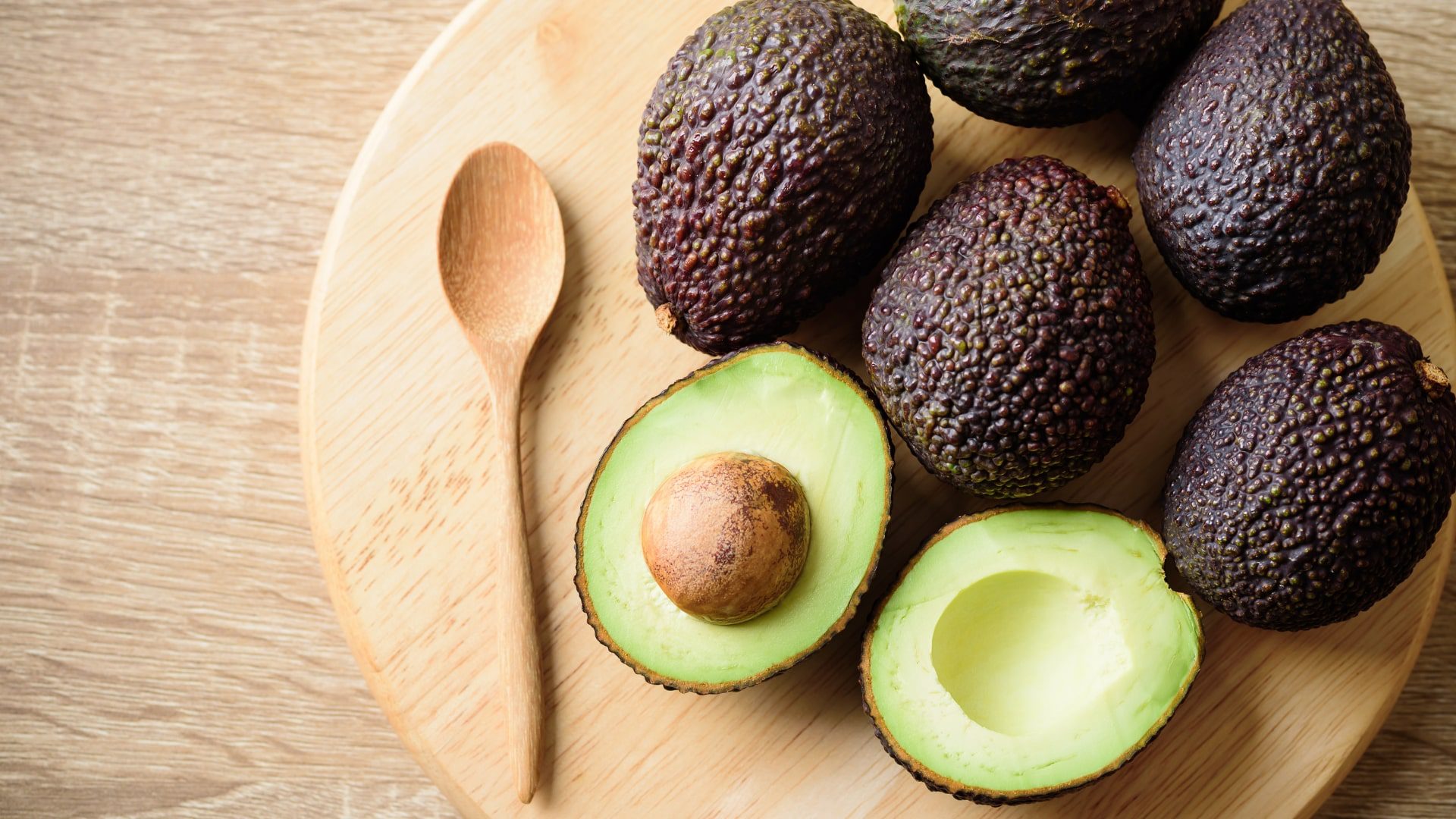
Avocado is a highly popular fruit known for its creamy texture and rich taste. It is often hailed as a superfood due to its impressive nutritional profile. Many people wonder: “Is avocado protein or fat?” Understanding its composition can help you make better dietary choices and incorporate avocado into a healthy lifestyle. In this article, we’ll explore the nutritional content of avocado, its health benefits, and how to use it in your diet.
Table of Contents
Nutritional Composition of Avocado
Avocado is unique because it contains healthy fats, moderate protein, and very low carbohydrates. Here’s the approximate breakdown per 100 grams of raw avocado:
-
Calories: 160 kcal
-
Fat: 15 g (mainly heart-healthy monounsaturated fats)
-
Protein: 2 g
-
Carbohydrates: 9 g (mostly fiber)
-
Vitamins & Minerals: Vitamin K, Vitamin E, Vitamin C, Folate, Potassium, Magnesium
From this breakdown, it’s clear that avocado is primarily a fat-rich fruit rather than a protein source, but it does contain some protein and fiber, making it highly nutritious.
Types of Fat in Avocado
Avocado is rich in monounsaturated fats, especially oleic acid, which is known to:
-
Reduce inflammation
-
Lower bad cholesterol (LDL) levels
-
Improve nutrient absorption
It also contains small amounts of polyunsaturated and saturated fats, all of which contribute to its creamy texture.
Protein Content in Avocado
While avocado is not a high-protein food, the 2 grams of protein per 100 grams still provide essential amino acids and help supplement your daily protein intake. Pairing avocado with other protein-rich foods like eggs, yogurt, or legumes can make it part of a balanced diet.
Health Benefits of Avocado
-
Heart Health: Monounsaturated fats reduce cholesterol and support cardiovascular function.
-
Weight Management: High fiber and healthy fats help keep you full for longer.
-
Skin & Hair Health: Rich in Vitamin E and healthy fats for glowing skin and strong hair.
-
Blood Sugar Regulation: Low carbohydrate content helps stabilize blood sugar levels.
-
Nutrient Absorption: Fats in avocado help absorb fat-soluble vitamins (A, D, E, K) from other foods.
How to Include Avocado in Your Diet
-
Spread mashed avocado on toast for a healthy breakfast.
-
Add slices to salads, sandwiches, or wraps.
-
Make guacamole as a nutritious dip.
-
Blend into smoothies for creaminess and added nutrients.
Avocado is primarily a fat-rich fruit, not a protein source, though it does contain some protein and fiber. Including avocado in your diet provides healthy fats, essential vitamins, and minerals, supporting overall health and wellness.


